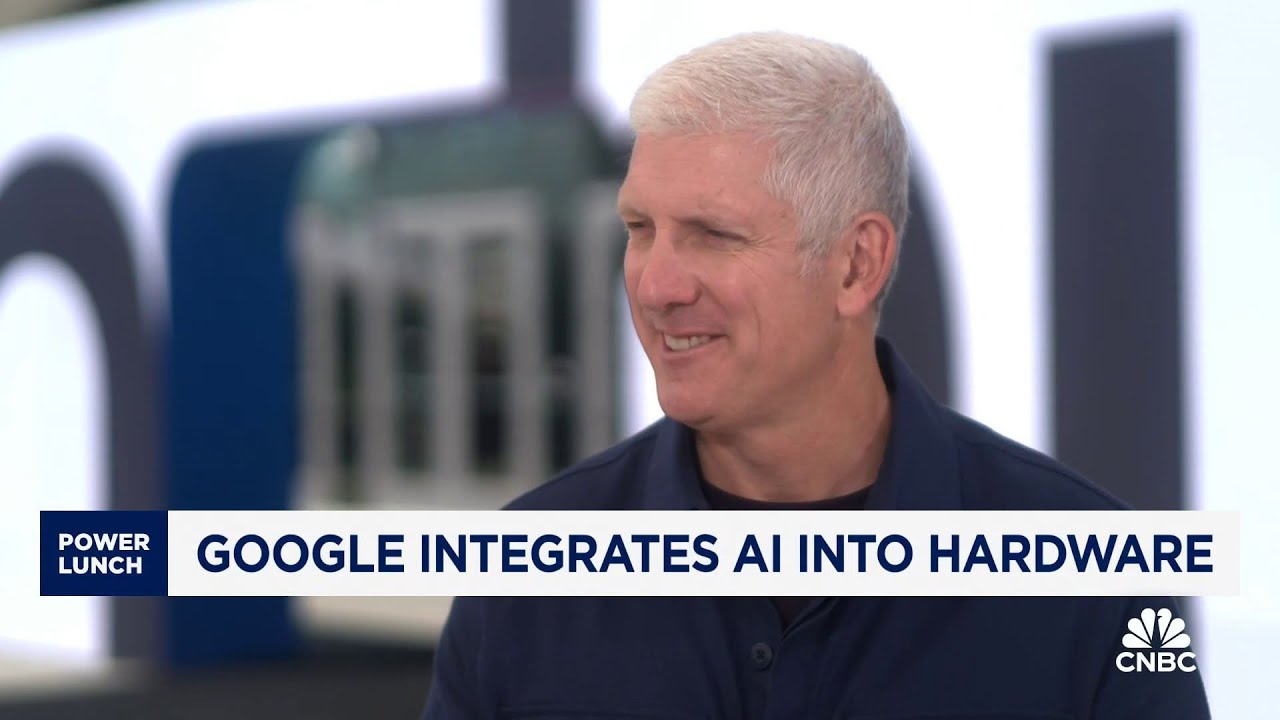At a recent hardware event, Google showcased its integration of the new Gemini AI into its devices, particularly the Pixel smartphone lineup, emphasizing enhanced user interaction and personalized experiences. Despite holding a small share of the global smartphone market, Google aims to leverage its extensive Android ecosystem to distribute AI capabilities widely, ensuring that both premium and regular users benefit from these advancements.
In a recent hardware event held by Google in Mountain View, California, the company showcased its integration of artificial intelligence (AI) into its devices, particularly focusing on the new Gemini AI and the latest Pixel smartphone lineup. CNBC’s Deirdre Bosa and Rick Osterloh join ‘Power Lunch’ to discuss Google AI integration into its hardware. Deirdre Bosa, a reporter at the event, interviewed Rick, the Senior VP for Hardware, to discuss the key takeaways from the presentation. The emphasis was on how Gemini will enhance the mobile ecosystem by providing helpful AI capabilities across various devices.
Rick highlighted that the event featured significant advancements in AI, particularly the Gemini AI, which allows for more interactive and conversational experiences with users. This new capability is designed to facilitate brainstorming and learning, making it easier for users to engage with AI in a meaningful way. The live demonstrations showcased the potential of Gemini, illustrating how it can enhance user interaction and provide a more personalized experience.
The discussion also touched on the competitive landscape of the smartphone market, particularly regarding Google’s Pixel phones, which currently hold a small share globally. Rick emphasized that while Pixel accounts for less than 5% of the smartphone market, it has a strong presence in premium segments, especially in markets like Japan and the UK, where it ranks as a top player. He expressed confidence in the growth potential of Pixel, suggesting that the focus on premium devices could justify its existence in the long run.
Another point of discussion was the rising capital expenditure costs associated with AI development and how this impacts the Pixel brand. Despite being a smaller player in the global market, Rick noted that Google has a vast reach through its Android ecosystem, which includes billions of users. This extensive user base allows Google to invest heavily in AI infrastructure to enhance its services and applications across all devices.
Finally, Rick addressed the rollout of the new AI capabilities, indicating that while some advanced features would be available to premium subscription users, many of the new functionalities would be accessible to all Android users. This approach aims to ensure that the benefits of AI are widely distributed, enhancing the overall user experience across Google’s product offerings. The event underscored Google’s commitment to integrating AI into its hardware and services, positioning itself as a leader in the evolving tech landscape.
